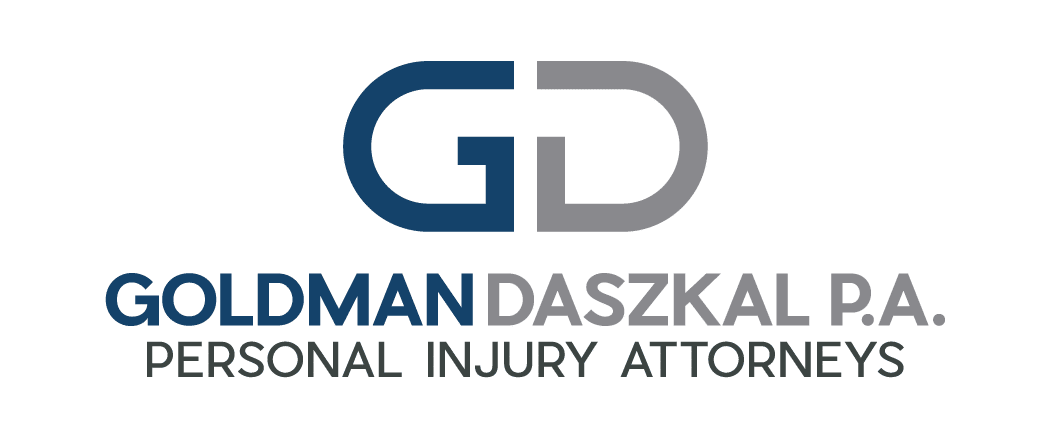Many vehicle manufacturers are now building vehicles with standard safety technologies designed to help decrease traffic accidents.
Key Advanced Driver Assistance Systems (ADAS) include the following:
Adaptive Cruise Control – Manages the acceleration and/or braking to maintain a specific distance behind the vehicle in front of you (the driver).
Blind Spot Monitoring – Detects other vehicles in your “blind spot” in adjacent lanes and alerts you.
Automatic High Beams – Controls the level of your vehicle’s headlamp beams based on lighting, traffic, and surroundings.
Front-automated Emergency Braking – Senses a possible crash and automatically applies brakes to reduce impact.
Forward-collision Warning – Alerts you to a potential collision while driving forward.
Lane Departure Warning – Monitors your vehicle position and notifies you when your vehicle drifts toward another lane.[1]
Rear Cross-traffic Monitoring – Alerts you when a vehicle is approaching from the side and rear while traveling in reverse.
Rear Parking Sensors – Detects obstacles while parking the vehicle.
Surround View Camera – Uses cameras located around the vehicle to show a bird’s eye view of the surroundings.
While these new technologies provide great safety advancements for new vehicles, it’s critical for consumers to understand the limitations of these technologies. Blind spot monitoring systems function well and can detect vehicles passing at normal speeds, but these systems can’t always pick up cyclists, pedestrians, or vehicles moving at very high speeds. When consumers don’t understand these limitations, they can rely too heavily on the technology and that can lead to accidents.
Additionally, because there are so many different advanced safety systems along
with multiple different commercial names, consumers may not understand exactly
what each does. For example, commercial
names for Adaptive Cruise Control include:
Smart Cruise Control, Dynamic radar cruise control, Distronic Plus, and
Traffic-Aware Cruise Control while Blind Spot Monitoring systems may be known
as Change Assistant (Side Assist), Active Blind Spot Assist, Blind Spot
Information System, Blind Spot Intervention, and Smart Blind Spot Detection.
To remedy this problem, AAA released a report in January of 2019 recommending that industry players adopt standard naming conventions for advanced safety systems. [2]
With the increasing number of new car safety systems in vehicles each year, we believe it makes sense to use standardized terminology so that manufacturers, regulatory organizations, and insurance companies can communicate with clarity.
In addition, there are new vehicle technologies on the way that will soon receive commercial names.
So, what’s next in advanced safety systems for 2020 and beyond?
- Manufacturers are working on more advanced voice-assistant technologies as well as larger infotainment screens.
- Military-grade capabilities will significantly improve radar systems so that vehicles can readily distinguish between different objects.
- Augmented reality systems will incorporate projected displays on the windshield with the intention of keeping the driver focused on the road.
- Interior vehicle cameras will be installed to monitor the driver. If sensors indicate that you, the driver, is distracted or intoxicated, the system will alert you.
- Digital keys and fingerprint scanning are being developed for owner ease-of-entry while preventing vehicle theft.
Wondering about the state of self-driving or driverless vehicles? Click here for our latest review of industry progress. Follow this blog as we report on the latest developments in self-driving vehicles and the advanced technologies systems that make them function!
Since 1990, Goldman & Daszkal, P.A. has provided reputable legal representation to people
throughout the state of Florida. The
firm has helped thousands of individuals recover compensation from motor
vehicle and boating accidents, slip and fall accidents, product defect and
liability cases, pharmacy errors, and negligent security cases to cover medical
expenses, pay bills, take care of their families, and return to work. Goldman & Daszkal,
P.A. can
help you get the relief you need to start living your life again after a
serious injury. For a free and
confidential consultation, contact Goldman & Daszkal,
P.A., at (954) 428-9333.
[1] https://www.chicagotribune.com/classified/automotive/autoshow/ct-autos-0213-auto-show-safety-features-20150130-story.html
[2] https://www.aaa.com/AAA/common/AAR/files/ADAS-Technology-Names-Research-Report.pdf
